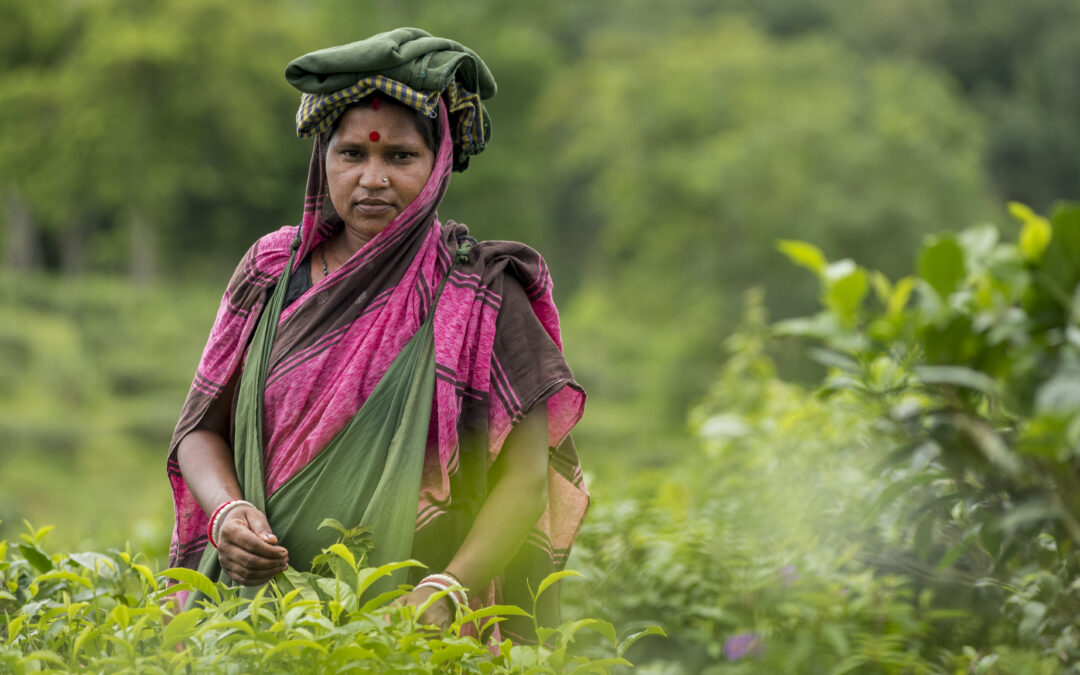Tea estate workers in Sreemangal, Bangladesh, say their work is much harsher now due to increased heat and more torrential rains, endangering their health and sometimes making it impossible to reach their daily quota, cutting into their already meager wages.
An estimated 13 million people in 48 countries work on tea plantations around the world, mostly women who are paid low wages and have few or no health and safety protections. Tea plantation workers often are forced to rely on their employers for food, housing and education, adding to their vulnerability.
Workers in the Bangladesh Cha Sramik Union, a Solidarity Center partner, have achieved workplace improvements not offered at nonunion plantations, with employers required to provide daily hour-long lunch breaks and a medical facility.
Union leaders like Sreemati Bauri, a tea estate field supervisor and union leader, say more must be done–corporations in the global tea supply chain must step up to ensure decent work.
“Tea workers give a lot of sweat for their work.”
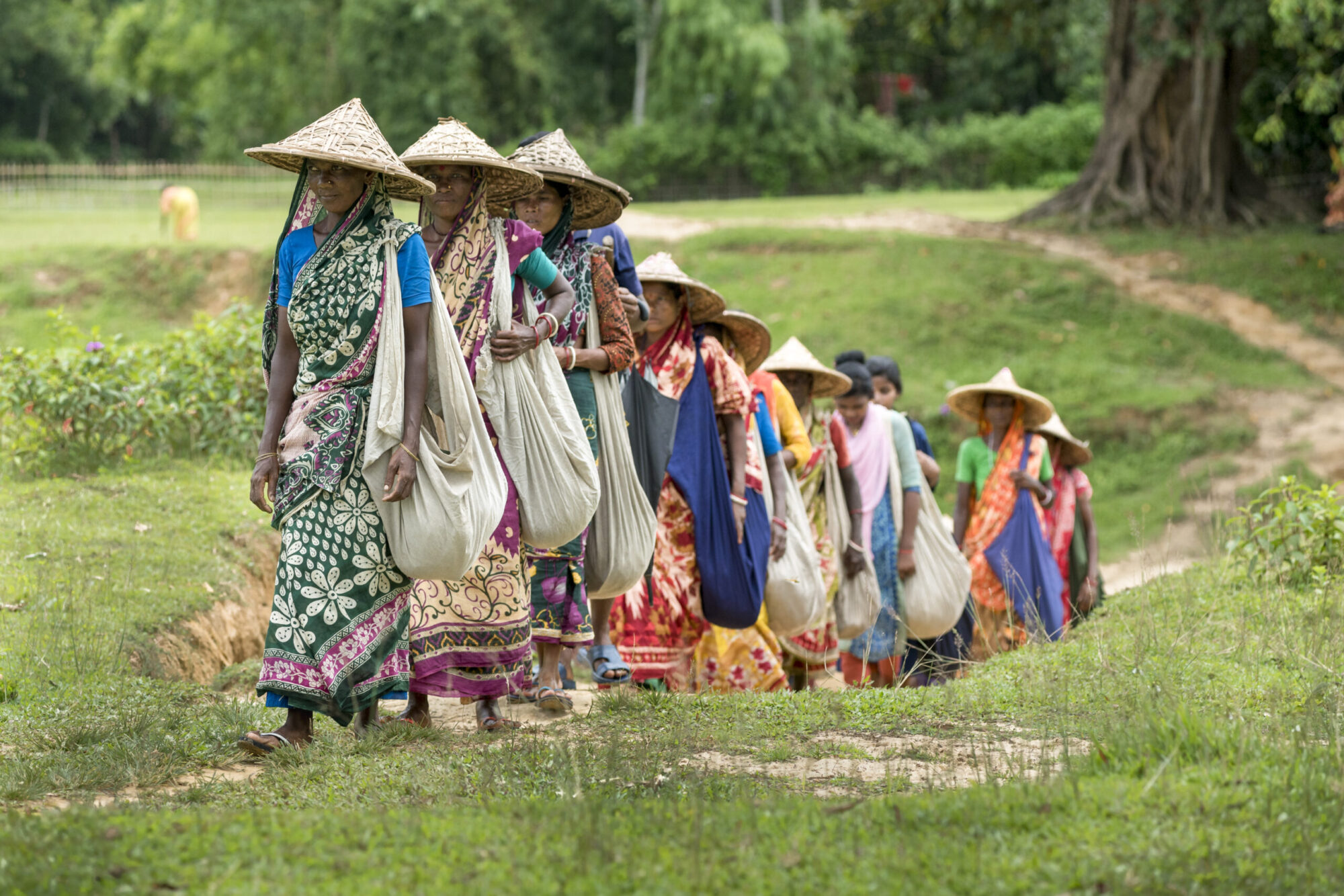
Credit: Solidarity Center / Gayatree Arun
At 10 a.m., Bangladesh tea workers begin their march across tea garden fields, where they walk long distances on their way to pick tea leaves. Each worker is assigned to pluck up to 25 kilograms (55 pounds) of leaves and get paid 170 taka ($1.55) a day if they meet their quota.
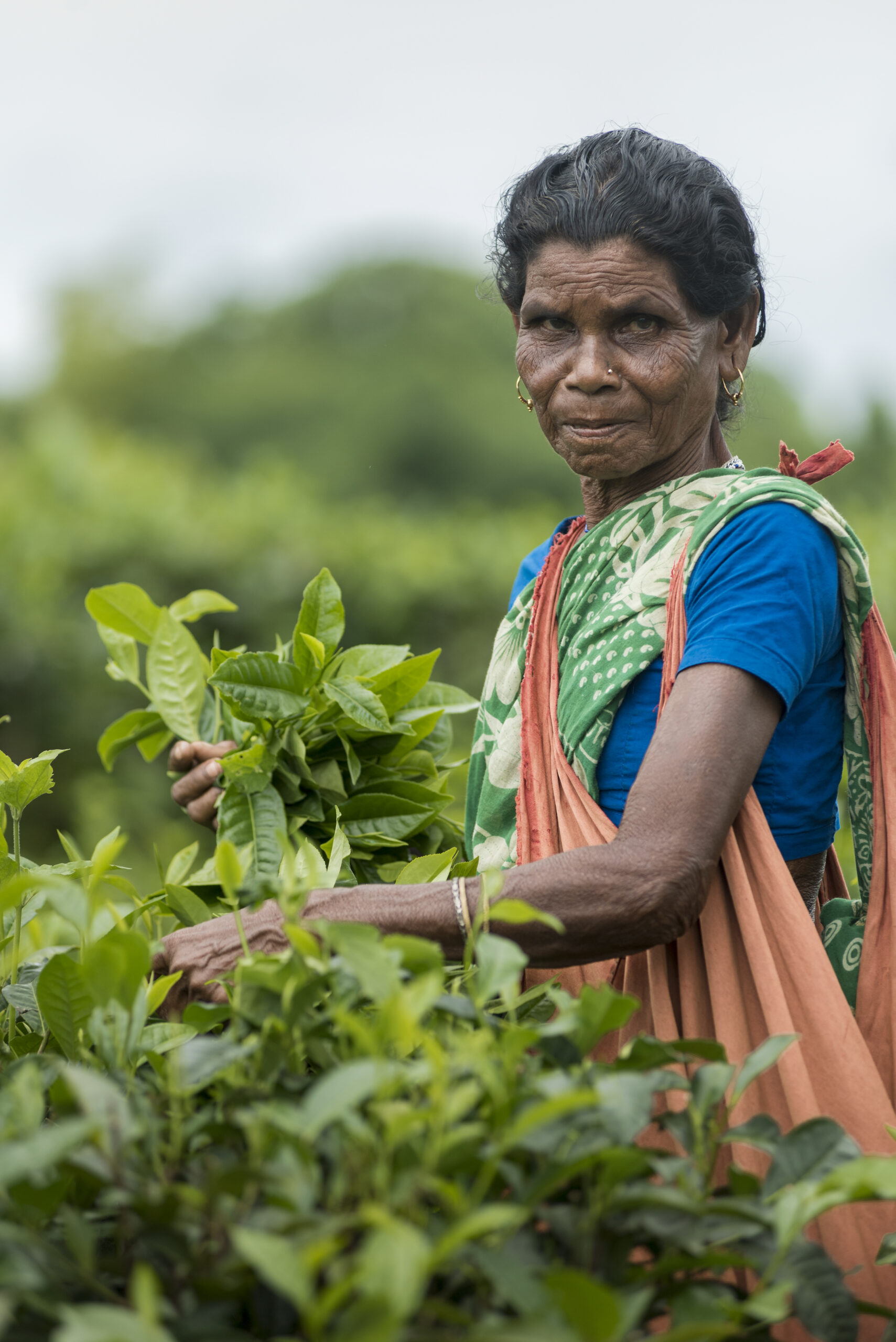
Credit: Solidarity Center / Hasan Zobayer
Shefali Rani, 35, has been a tea worker for 20 years. She has five children, all of whom studied in a primary school in the garden, where education beyond grade school is not offered.
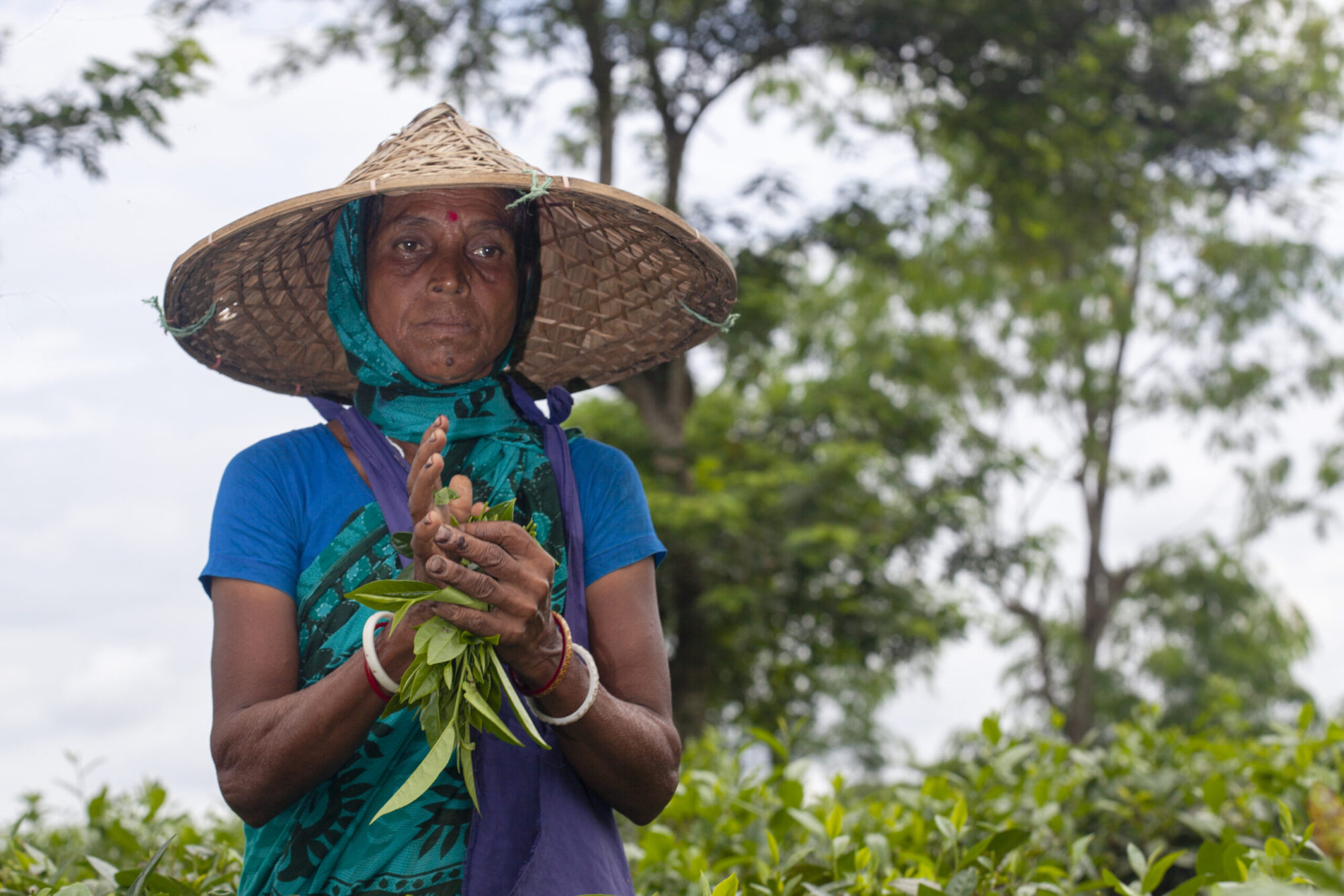
Credit: Solidarity Center / Gayatee Arun
Families often spend their lives living in and working on tea estates, including Bashonti Devi, 40, who, with her husband, picks tea leaves to support their three daughters and son.
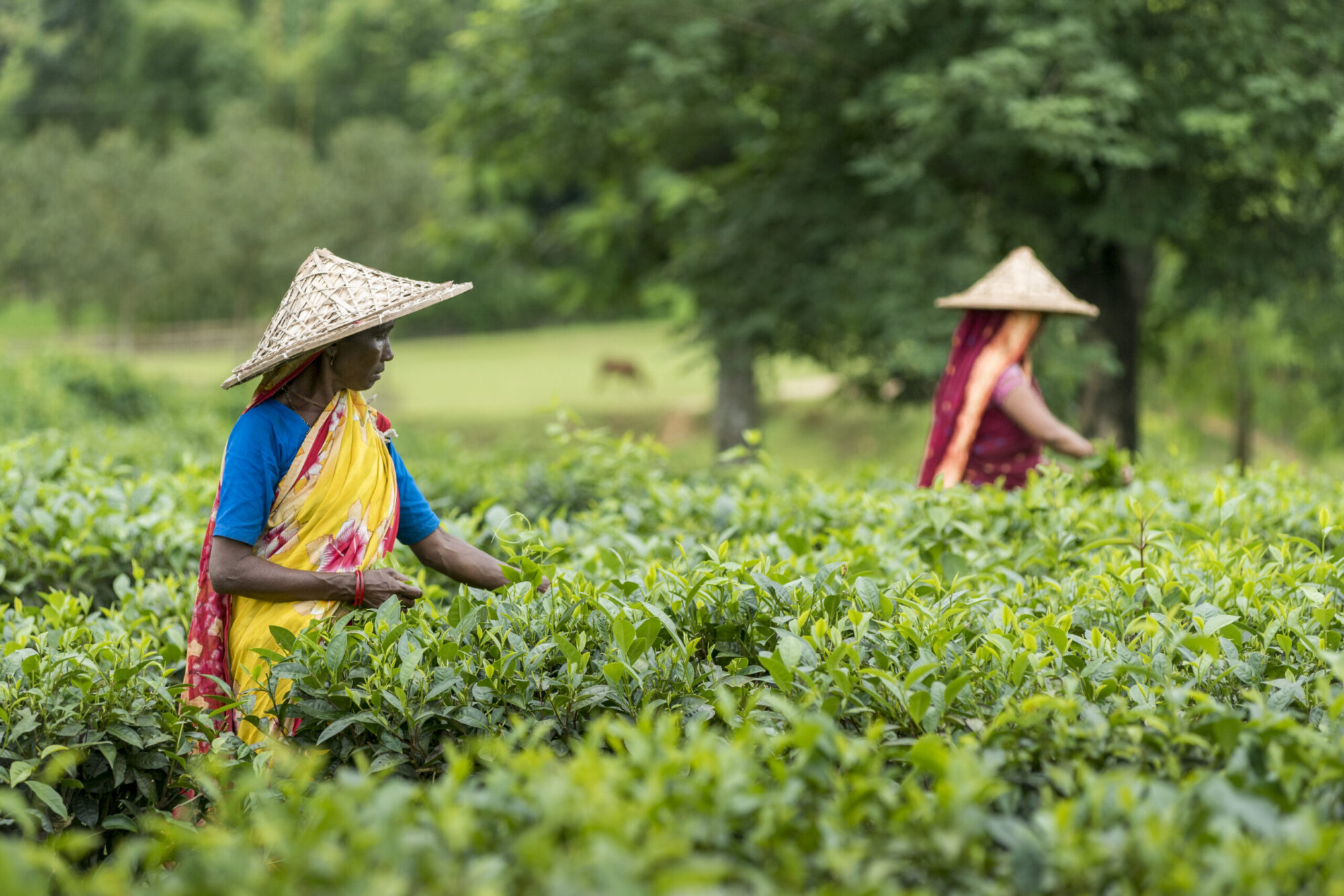
Credit: Solidarity Center / Hasan Zobayer
There is no escape to the shade for workers like Shefali Rani and Mithila Nayek on tea plantations, where the plants require direct sun and high humidity.
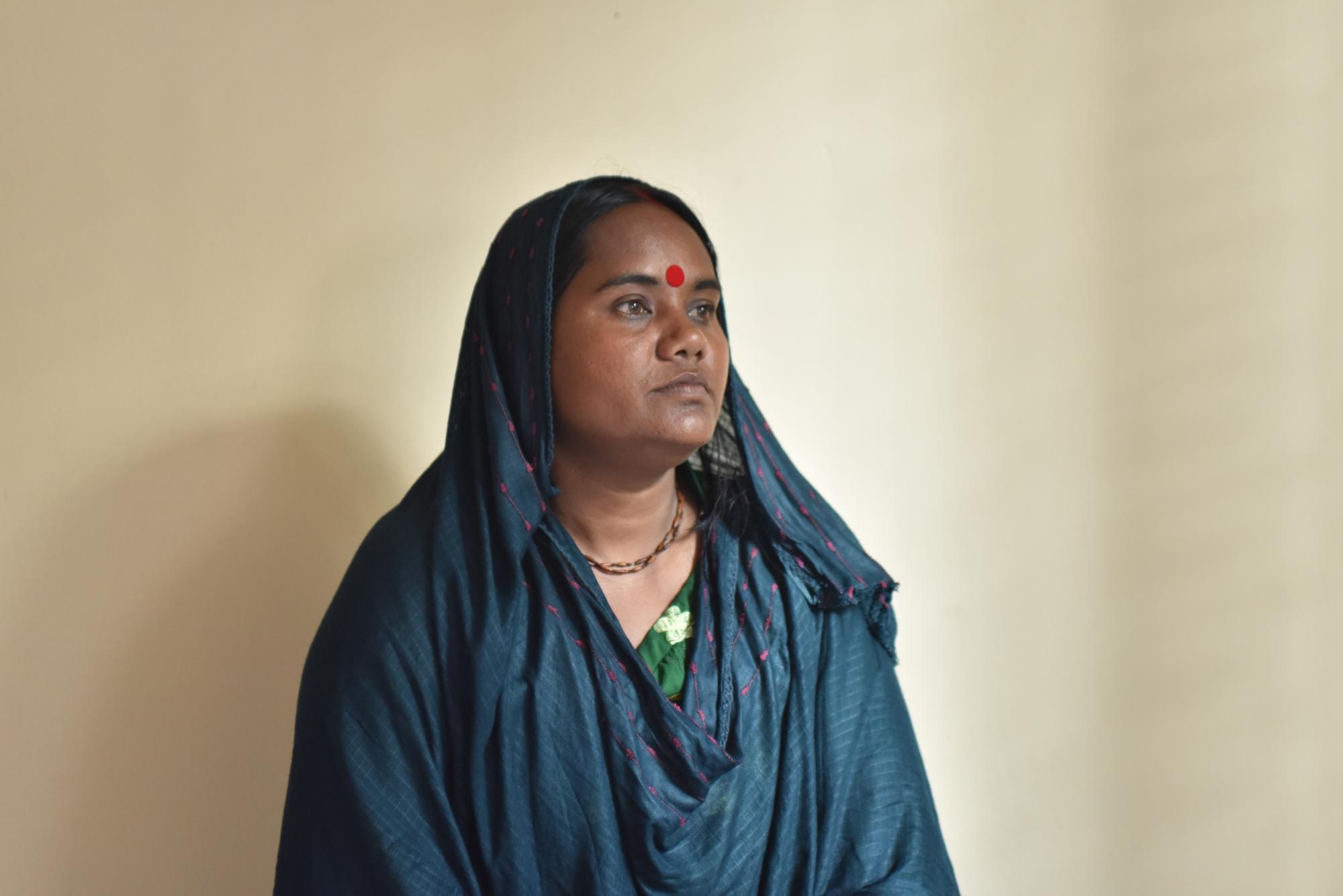
Credit: Solidarity Center / Hasan Zobayer
“It often happens that in a heat wave, it’s a hardship to meet the daily quota and so they can’t make the daily wage of 170 taka ($1.55),” says Sreemati Bauri, a field supervisor and union leader. “If a worker can’t make their daily target, it’s difficult to survive. Due to the heat, it has become too hot for them to get their wage.”
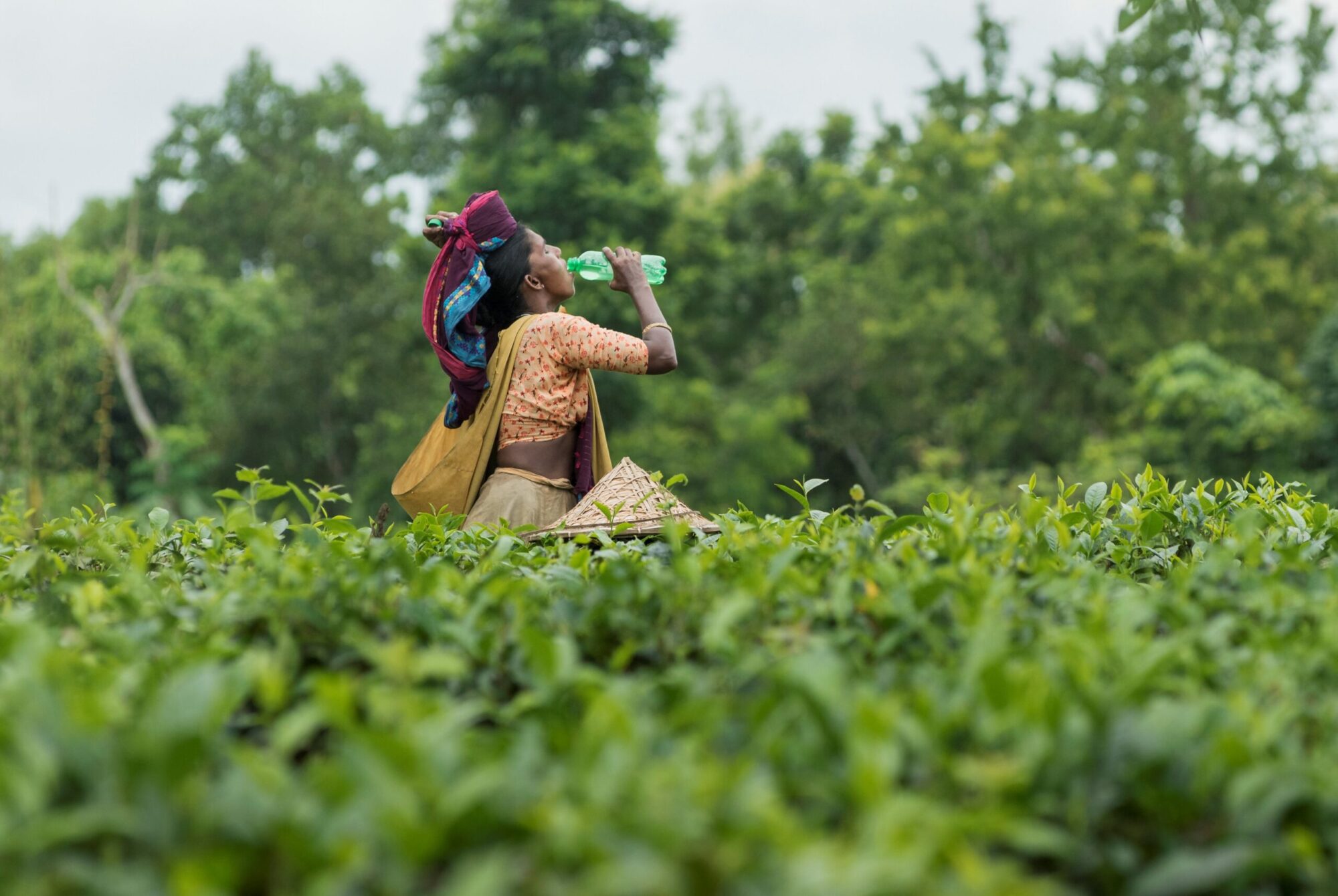
Credit: Solidarity Center / Hasan Zobayer
A Bangladesh tea worker hydrates in the scorching heat. Climate change-related hardships add to tea workers’ already harsh working conditions.
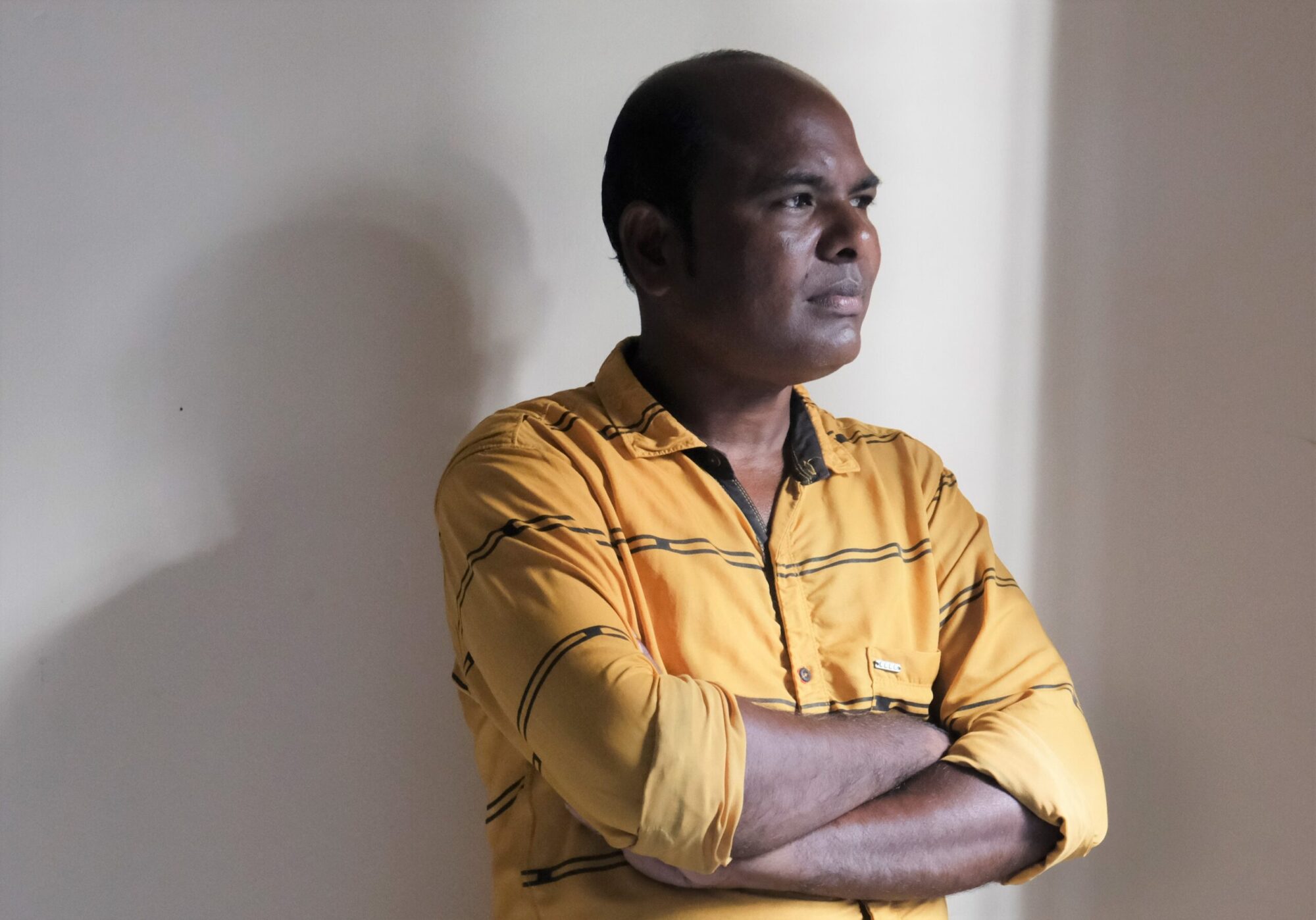
Credit: Solidarity Center / Gayatree Arun
“The heat is more excessive than before,” says Sumon Kumar Tant, a field supervisor and union member. “It’s as if they have to carry two times the burden—one the burden of tea leaves on their back, and the other, the weight of the heat.”
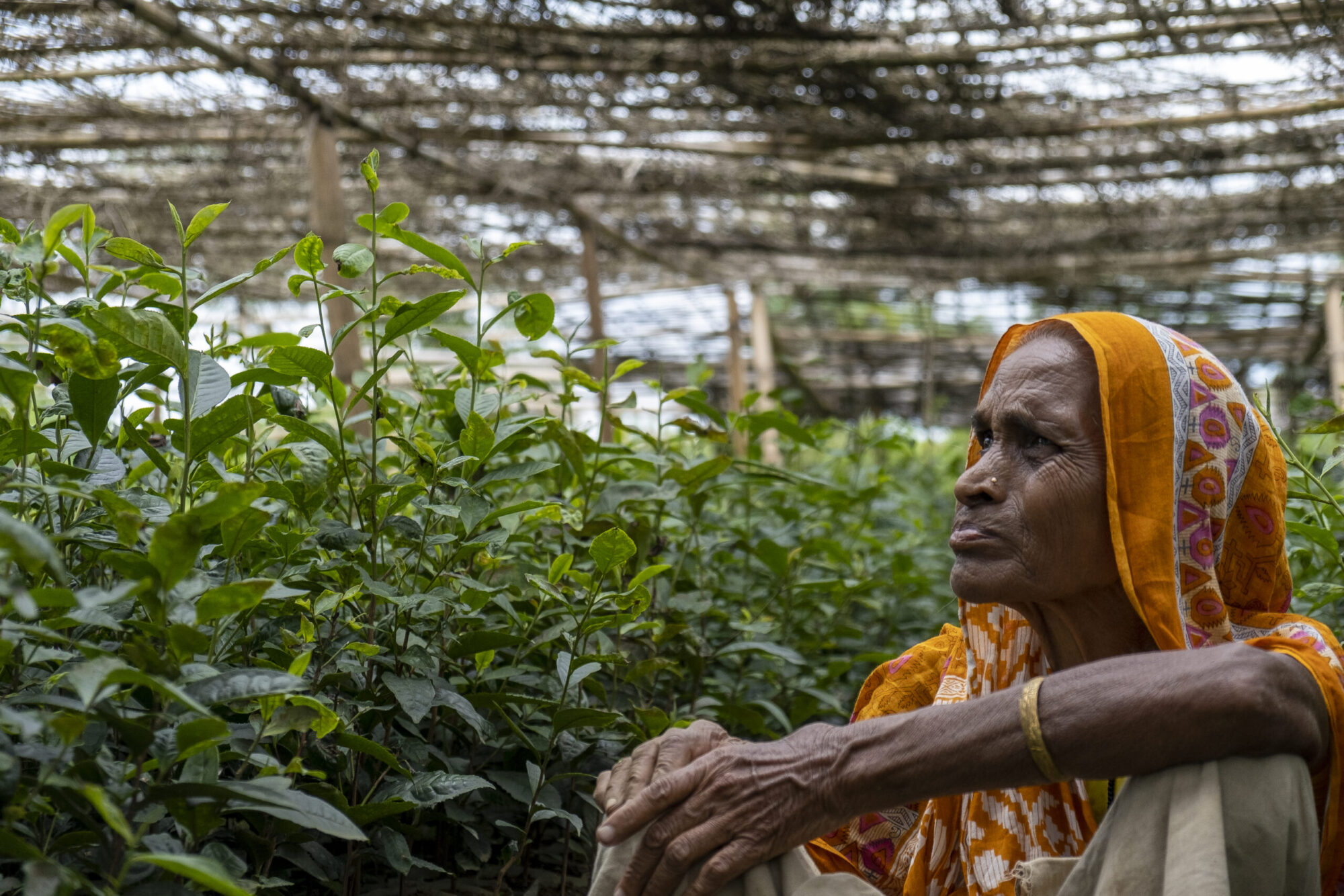
Credit: Solidarity Center / Gayatree Arun
Ram Dashee picked tea leaves for 50 years, and now works in the garden nursery. Her daughter also is a tea worker.
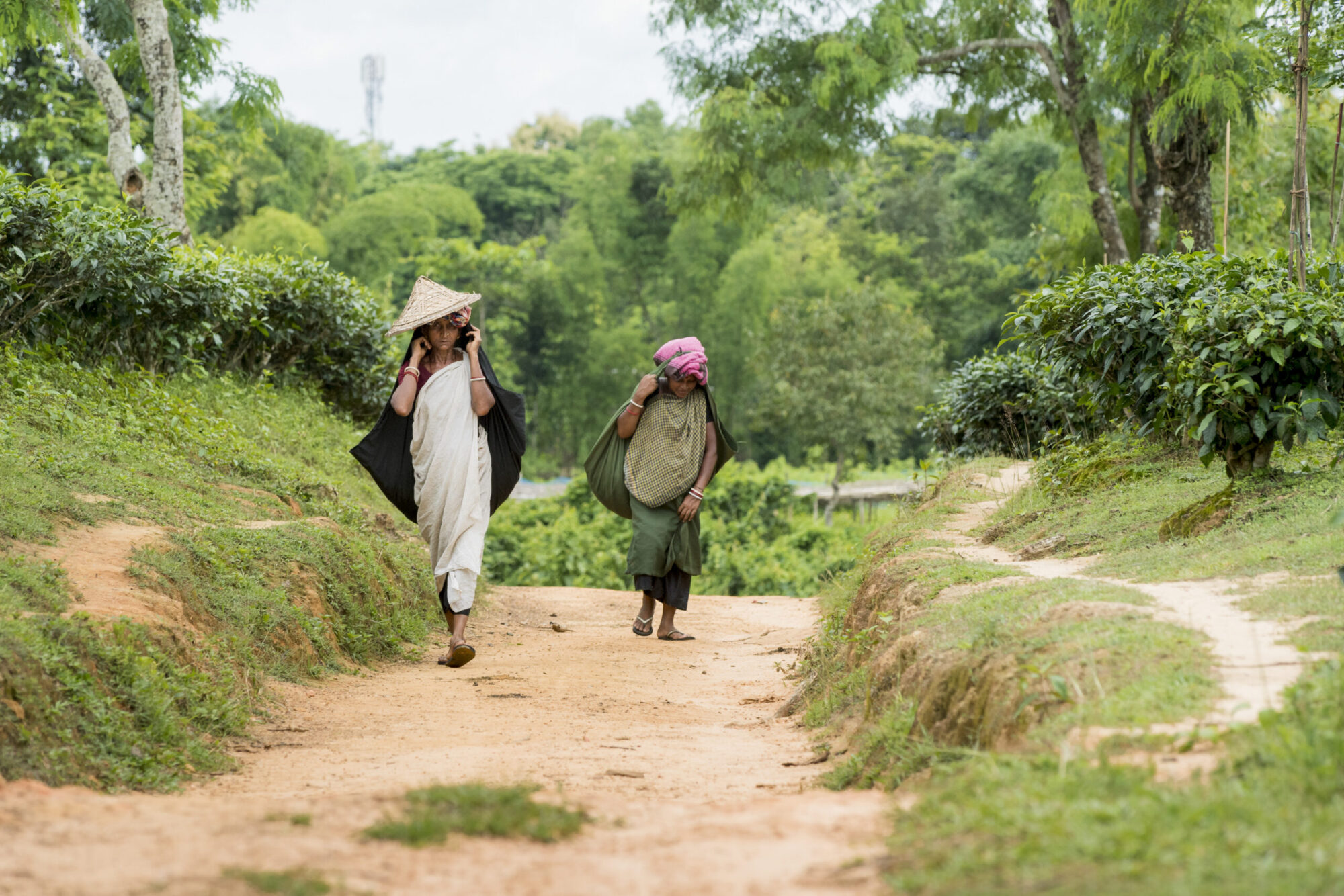
Credit: Solidarity Center / Gayatree Arun
Tea workers carry heavy bags of leaves all day as they pluck tea plants, returning to the weighing station at the end of the day with up to 55 pounds of leaves.

